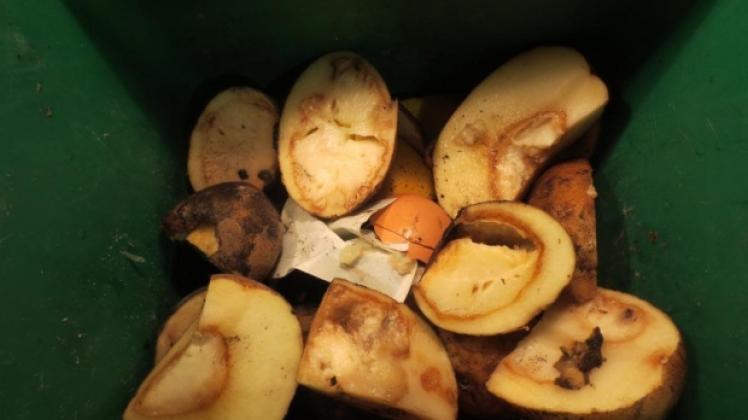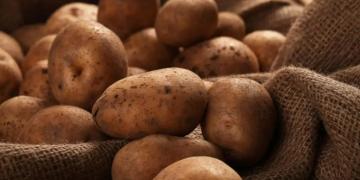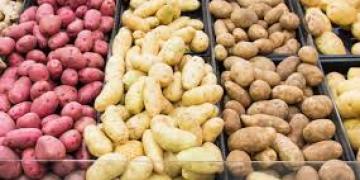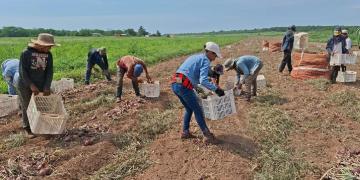Canadá: Serious potato disease suspected in Yellowknife garden crop
A gardener in Yellowknife is sounding the alarm to potato growers in the N.W.T. about a "very serious" disease that might have infected local crops.

Ruth Bowen dug up her crop of Organic Goldrush potatoes last month and stored them as usual, but when she checked on them last week, something wasn’t right.
"They weren’t like anything I’ve seen," Bowen says. "There was a slightly odd smell."
When she cut into the potatoes, she says they had brown rings around the edges, and were white and slimy on other parts.
Bowen sent a photo of the infected spuds to Steve Brown, a professor of agriculture in Alaska, who held a workshop about gardening North of 60 just last month in Yellowknife.
Brown suspects bacterial ring rot, which he says is "one of the most serious diseases of potatoes" and is potentially more serious than the fungal disease that caused Ireland’s potato famine because it can’t be destroyed with any chemical.
He says he can’t be 100 per cent sure that Bowen’s spuds have ring rot without testing them, but he says he’s "pretty sure" based on the photos.
’Cheesy-like ooze’
"An infected potato will develop a cheesy-like ooze that comes out of it," Brown says.
"That slime dries on knives or shoes or wheelbarrows and that dried slime can transmit the disease for up to five years."
Brown says it’s unlikely that the infection could spread to the potato crops in Norman Wells and Hay River, noting that most commercial operations use government-certified disease-free seed potatoes.
Gardening groups, on the other hand, often share potatoes and don’t disinfect their knives. Brown says the disease most likely came from splitting seed potatoes with a contaminated knife.
Brown says Yellowknife gardeners should burn any suspect potatoes and wash garden tools in hot soapy water mixed with 10 per cent bleach. They should not use contaminated soil for at least a year.
Bowen said she will be burning her infected crop, and has been trying to spread the word to fellow gardeners.
"We’re just anxious really that everybody should know that if they have potatoes like this, don’t just throw them out or treat them like any rotten potato."
Fuente: http://www.cbc.ca/news/canada/north/




